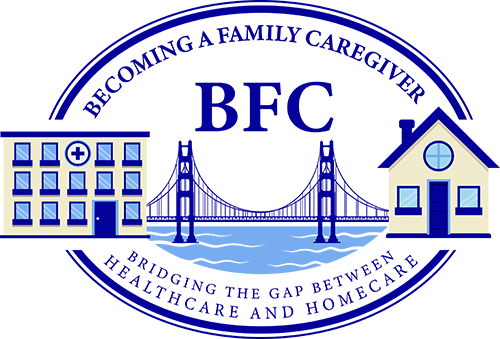Sundowning
Sundowning Confusion Starts in Early Afternoon
Sundowning comes by its name because it’s a behavior seen in many dementia patients around the time the sun goes down each day in the late afternoon or evening hours. In most cases, symptoms are less pronounced earlier in the day. As the day progresses toward nighttime, the individual becomes increasingly agitated, confused, and restless. Whereas during the day, they may act perfectly calm and well-behaved, their personality completely changes by the time the sun goes down. The dramatic difference can be frightening to both the individual and the caregiver, not to mention extremely disruptive and exhaustive for the rest of the night.
Sundowning and Delirium
Sundowning and delirium, which occurs as a temporary symptom with other conditions, may be difficult to distinguish from one another. Underlying infections, changes in medications, dehydration, and exhaustion from lack of sleep may trigger delirium or sundowning episodes. Therefore, if symptoms are new, describe behaviors to your doctor and let him determine the best course of action for treatment.
Finally, Take Care of Yourself
I think the most difficult caregiver job is managing someone who is a nighttime wanderer. You’re up all-day providing care and only partially sleeping at night because you only sleep halfway if you sleep at all. Permit yourself to nap when you can. You’re sleep-deprived, and that takes a toll. If you have neighborhood Senior drop-off or something similar, use them for a break. You’re not the EverReady Bunny.

Typically, caregivers see sundowning symptoms between the hours of 4:30 p.m. and 11:00 p.m. Suddenly their family member demonstrates some or all the following behaviors:
- Confused about where they are and who the people are around them
- They do not clear up when given clarifying information. The confusion remains. There is no reasoning with them to resolve a misunderstanding related to hallucinations or delusions.
- Experience paranoia and suspicion about everything and everybody.
- Can’t go to sleep; if they do fall asleep, it’s a restless sleep with several awakenings during the night leading to excessive sleepiness the next day.
- Sudden changes in behavior unexplained by any other trigger
- Trouble talking and thinking clearly.
- Visual hallucinations
- Wandering
- Yelling or aggressive behavior potentially resulting in injury to self or others.
- Rapid walking may lead to falls and potential injury.
- Agitation may result in throwing objects, removing medical alert bracelets, emptying drawers, and chaotic, random destruction during extreme agitation.
Treatment for Sundowning Behaviors
Sundowning is a symptom of a condition, not a condition or disease itself, but symptoms are what we as caregivers treat in caring for our family. We can independently take all the actions noted above to treat this symptom. However, medical treatments that your family member’s doctor can also provide to help this situation.
- Antipsychotic drugs may reduce some of the behavioral symptoms. They may not take them away, but they can at least reduce them.
- Light therapy where the person is exposed to bright fluorescent lamp light for 1-2 hours each morning. There’s a study that says doing that helps to reduce symptoms in the afternoon. I don’t know if it works, however.
- Using Melatonin to help with sleep. You can get Melatonin over the counter in any grocery store or pharmacy without a prescription. Disrupted sleep causes a drop or malfunction in Melatonin’s hormone production in our body, so taking it helps. You might want to use it yourself.
Resources:
https://www.webmd.com/alzheimers/guide/manage-sundowning
https://www.aarp.org/caregiving/health/info-2017/ways-to-manage-sundown-syndrome.html


